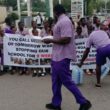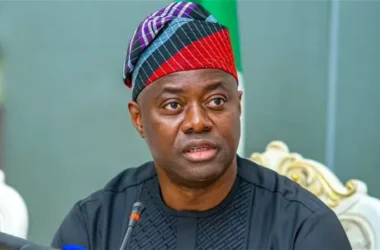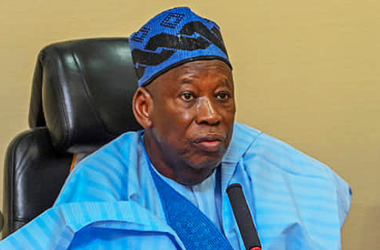The Lagos State government has announced plans to begin the prosecution process surrounding the death of popular rapper and songwriter, Ilerioluwa Aloba, better known as Mohbad. This comes more than a year after the tragic incident, which shook the Nigerian music scene and led to widespread calls for justice.
Mohbad passed away on September 12, 2023, with initial reports suggesting natural causes. However, public outcry and skepticism have led to deeper investigations.
The Lagos State Attorney-General and Commissioner for Justice, Lawal Pedro (SAN), made this disclosure on Monday during a press briefing. The event took place ahead of a strategic stakeholders’ meeting to mark his first year in office.
Addressing the media at the conference room of the ministry in Alausa, Ikeja, Pedro provided insight into the delay that has sparked frustration among the public.
Pedro stated, “On Mohbad’s case, I agree there has been a delay and the delay is borne out of time taken for investigation.” He explained that key forensic analyses, including toxicology reports, were necessary to build a solid case. “It is better to have a complete full-proof investigation that can lead, at least, to a conviction of a case that is presented before a court, than to hush-hush and rush to court,” he added.
The attorney-general acknowledged that the family and the public had grown anxious, but stressed that rushing the investigation could lead to mistakes and possibly wrongful acquittals. He assured the public that steps were being taken to ensure thoroughness, adding that the toxicology report from the United States had already been received and was now with the coroner. He also mentioned that Mohbad’s family had requested an independent forensic analysis, which may have further slowed the process.
Despite the delays, Pedro gave his word that the legal advice necessary for prosecution was either already available or would be released soon. “Those to be prosecuted will be prosecuted based on available evidence,” he confirmed. He reassured the public, stating, “As far as we are concerned, justice would be done.”
Pedro also pointed out that the destruction of the Lagos Forensic Laboratory during the EndSARS protests had contributed to the delay. If the facility had still been operational, the analysis could have been completed locally, avoiding the need to send samples abroad, which was both costly and time-consuming.










